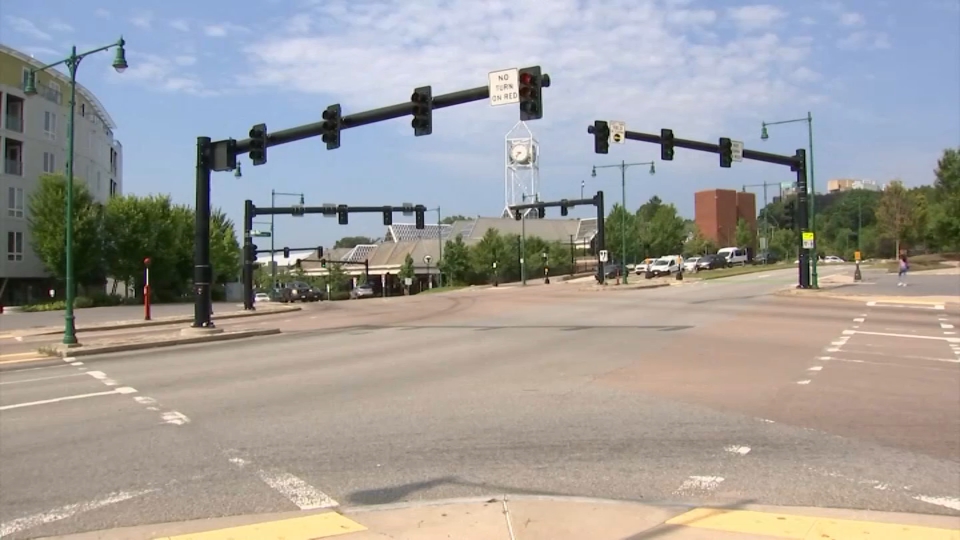
The fiscal 2024 budget picture has brightened since Massachusetts Gov. Maura Healey imposed midyear hiring controls in April, but the governor's team plans to keep those controls in place through the first four months of fiscal 2025.
In a statement, Secretary of Administration and Finance Matthew Gorzkowicz said the controls "have proven to be effective in managing spending and helping ensure that we can balance the Fiscal Year 2024 state budget."
WATCH ANYTIME FOR FREE
Stream NBC10 Boston news for free, 24/7, wherever you are. |
He added: "Given the volatility we’ve observed in several key revenue categories over the past year, we have extended these temporary hiring controls—which allow selective, critical hiring through exemptions and waivers—until October 31, 2024, to ensure we start Fiscal Year 2025 in the best position possible to continue responsibly managing spending."
The administration estimates the hiring limitations have saved the state at least $17 million since April in what otherwise would have been spent on new employees, with one official saying that about 250 job postings have been taken down. The Administration and Finance office has approved about 300 waivers for new hires, the official said.
Get updates on what's happening in Boston to your inbox. Sign up for our News Headlines newsletter.
In June, State House News Service reported that based on publicly available payroll data, the Executive Branch had hired 1,304 new employees, at a total cost of $87.1 million, since the hiring controls went into effect.
Through the first 11 months of fiscal 2024, state tax collections were running $700 million or 2% over the year-to-date benchmark, but state budget officials caution that almost all above-benchmark receipts stem from the new income surtax or capital gains taxes which don't have a positive balance sheet impact but generate revenue for future education and transportation purposes or the rainy day fund.
While monthly tax revenue reports are publicly issued within three business days of the end of each of the first 11 months of each fiscal year, the June report always arrives later and has not been released yet.



